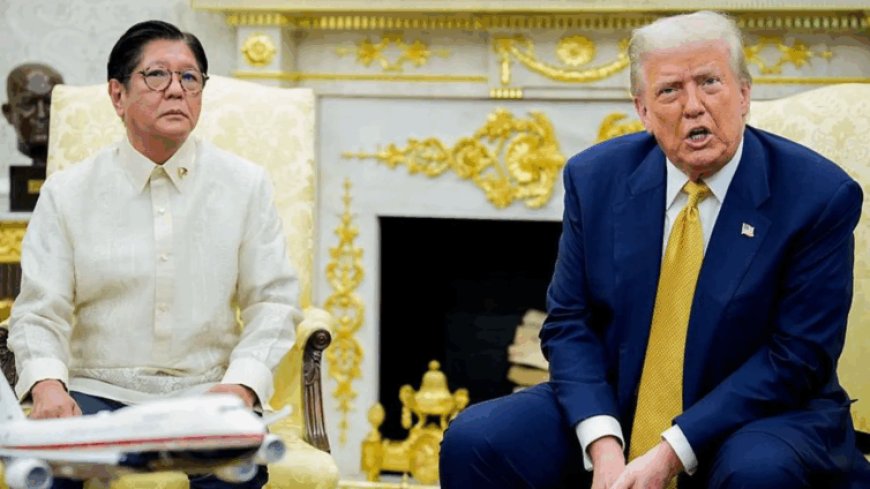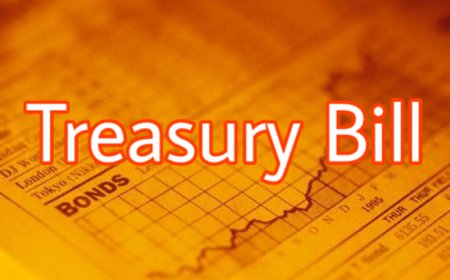Philippines Goods to Face 19% Tariff, Trump Declares in Trade Policy Shift
In a bold policy statement, former U.S. President Donald Trump has declared his intention to impose a 19% tariff on imports from the Philippines. The proposed measure, which he described as necessary to counter what he claims are “imbalanced trade deals,” has already drawn sharp responses from trade analysts and Philippine officials.

Washington D.C. – July 23, 2025
Former U.S. President Donald Trump has vowed to impose a 19% tariff on all goods imported from the Philippines if elected again, framing the move as part of a broader agenda to restore "fair and reciprocal trade" for American workers.
Speaking at a campaign rally in Ohio on Monday, Trump criticized current trade relations with several Asian economies, particularly the Philippines, accusing them of taking advantage of U.S. markets through "cheap labor, weak environmental rules, and unfair subsidies."
“We are going to charge 19% on all goods from the Philippines — no exceptions — because they’ve been ripping us off for too long,” Trump declared to cheering supporters.
???? Impact on U.S.–Philippine Trade Relations
The announcement has raised immediate concerns in diplomatic and trade circles. The Philippines is one of the United States' key trading partners in Southeast Asia, exporting electronics, textiles, canned foods, and auto parts to the U.S. annually.
In 2024, the bilateral trade volume between the two countries reached over $30 billion, with the Philippines enjoying a trade surplus of approximately $6.8 billion.
Trade experts warn that a blanket 19% tariff could disrupt supply chains, raise consumer prices in the U.S., and strain diplomatic relations between the two allies.
“This tariff would disproportionately affect American importers and businesses that rely on affordable intermediate goods from the Philippines,” said Dr. Lisa Carver, a trade policy analyst at the Brookings Institution.
???????? Philippine Government Responds
The Philippine Department of Trade and Industry (DTI) released a statement expressing “serious concern” over Trump’s remarks and called for restraint in politicizing trade ties.
“Our partnership with the United States has always been based on mutual respect and benefit. We urge all parties to maintain stability and fairness in trade,” the DTI said.
Philippine Foreign Secretary Enrique Manalo also indicated that diplomatic engagement with U.S. counterparts would begin immediately to clarify the proposal and its implications.
????️ Political Context
Trump’s tariff proposal comes amid growing nationalist rhetoric in his 2025 re-election campaign, where he has promised sweeping reforms to the U.S. trade architecture, including a broader plan for a universal baseline tariff on all imports.
This isn’t Trump’s first confrontation with trading partners. During his presidency from 2017 to 2021, he imposed stiff tariffs on China, the EU, and even traditional allies like Canada and Mexico, sparking multiple trade disputes and WTO challenges.
???? Global Reactions Mixed
While some U.S. manufacturers welcomed the tough stance, many business groups and global trade partners have cautioned against protectionist policies that may lead to retaliatory tariffs, increased inflation, and disrupted global supply chains.
“The last round of tariffs raised costs for U.S. businesses and consumers. We’ve seen this movie before,” said Mark Chase, director of the U.S. Chamber of Commerce’s Asia Desk.
???? Conclusion
As campaign rhetoric heats up, Donald Trump's proposed 19% tariff on goods from the Philippines signals a potential new era of aggressive trade policy if he returns to office. While the proposal is not yet official U.S. policy, its announcement has already rattled markets and sparked diplomatic concern — leaving businesses and global partners watching closely for what comes next.v
What's Your Reaction?

















































































